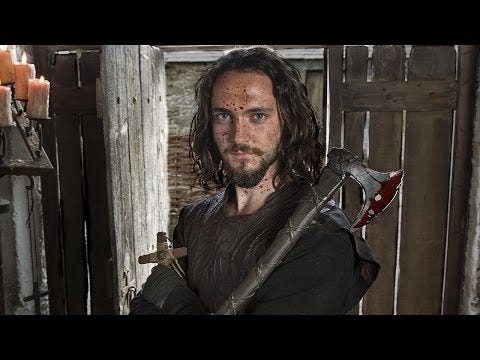 |
| The parallels between Descartes and Scooby-Doo are uncanny... |
I will suppose therefore that not God, who is supremely good and the source of truth, but rather some malicious demon of the utmost power and cunning has employed all his energies in order to deceive me. I shall think that the sky, the air, the earth, colours, shapes, sounds and all external things are merely the delusion of dreams which he has devised to ensnare my judgement. I shall consider myself as not having hands or eyes, or flesh, or blood or senses, but as falsely believing that I have all these things. I shall stubbornly and firmly persist in this meditation; and, even if it is not in my power to know any truth, I shall at least do what is in my power, that is, resolutely guard against assenting to any falsehoods, so that the deceiver, however powerful and cunning he may be, will be unable to impose on me in the slightest degree.
That's right. Descartes, having realized that everything he believed he knew to be true was subject to doubt, decided that he could only achieve certainty if he could overcome any possible doubt, even the doubt that God was in fact an Evil Demon.
While on the surface it would appear that it is Descartes' proofs of God's existence that enable him to defeat the Evil Demon, much like in Scooby-Doo, looks can be deceiving. Just as "Reason" is what gets Descartes into his doubt spiral, it is also "Reason" that gets Descartes out of it.
What Descartes proves in his Meditations is that his well-known "Cogito" is not just the only thing of which he can be certain, but that it has the power to both push us to the brink of insanity ("Everything is a lie created by an Evil Demon!") and can bring us back to sanity once more ("Everything is a truth created by a benevolent God!").
The surface of Descartes' argument: I had doubt, but God created me, and I can prove it, thus there is certainty.
The underbelly of Descartes' argument: I had doubt, but I created proofs that God exists, thus there is certainty.
The underbelly of Descartes' argument: I had doubt, but I created proofs that God exists, thus there is certainty.
In other words, the Evil Demon is Descartes. God is Descartes. And, as Husserl would argue in his own Cartesian Meditations, we are all Descartes.




